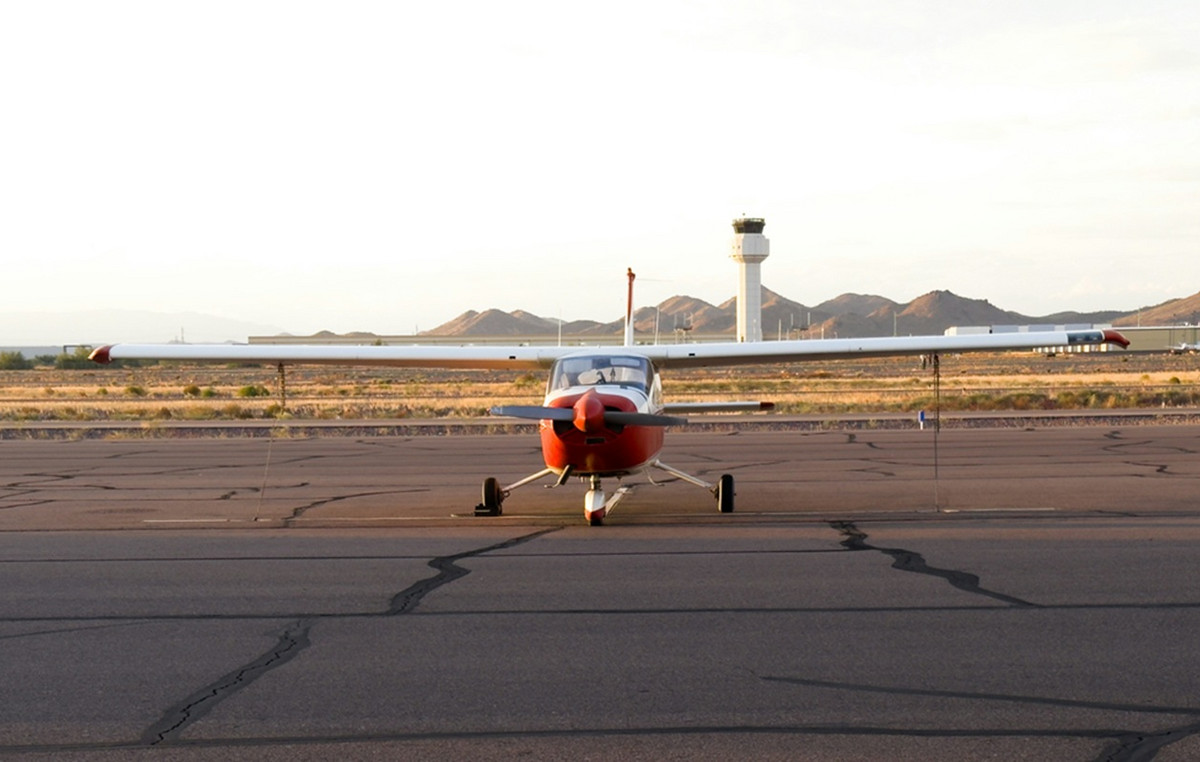Jeff Bezos — the billionaire founder of Amazon and the rocket company Blue Origin — made a big public announcement a year ago that he bought a craft to capture Blue Origin rockets after they returned from space, and he named the vessel after his mother. .
But now the company says it is scrapping that plan, looking for a more “economical” alternative, said Blue Origin spokeswoman Linda Mills.
It’s unclear what will happen to the Jacklyn, as the ship is called, which Bezos dedicated to his mother in a small ceremony in Pensacola, Florida, in December 2020. Blue Origin could still use the ship for another purpose or abandon the project. complete.
Mills said the company is “still evaluating options.”
An alternative would be to choose to turn it into an autonomous maritime platform or barge, much like the drones SpaceX uses to pick up its rockets after flight.
Blue Origin wanted to sail the Jacklyn in the Atlantic Ocean to pick up its New Glenn rocket boosters.
When the large first-stage thruster — the one that gives the initial boost on takeoff — uses up most of its fuel, it is designed to detach from the rocket’s upper stage and make a controlled landing on Earth, just as SpaceX already does. with Falcon 9 rockets.
Blue Origin’s website even makes reference to landing its rockets on a ship rather than a barge, touting that it allows the thruster to land in turbulent ocean conditions.
Theoretically, a huge ship could remain stable in rough waters, allowing Blue Origin to carry out its thruster recovery operations in all types of weather.
But that plan would require the Jacklyn, a former cargo ship built in 2004, to undergo extensive renovation — including installing a massive platform for the rocket to hit. Mills declined to say how much the renovations would have cost.
Landing rocket boosters instead of dumping them into the ocean as other rocket companies have done for decades is at the heart of SpaceX and Blue Origin’s plans to lower the cost of a launch and ensure profitability.
Blue Origin’s New Glenn rocket is planned to be the first of the company’s rockets that will be capable of reaching orbit, a journey that requires speeds of up to 17,000 miles per hour.
SpaceX has been sending rockets into orbit since 2008.
So far, Blue Origin has only flown its much smaller suborbital New Shepard rocket.
That rocket was used to transport paying customers — and last summer, Bezos himself — on brief, supersonic joy rides that reach the edge of what is technically considered space.
New Glenn is not expected to carry humans, at least at first, but it will carry satellites and other payloads into orbit.
Although it is already a few years behind the original schedule, Blue Origin hopes to launch the first New Glenn into orbit by the end of 2022.
Despite never having flown, the New Glenn has already secured several commercial satellite launch contracts, and NASA selected the rocket as the one capable of competing for missions that would launch planetary, Earth observation, exploration and scientific satellites.
Source: CNN Brasil
I am Sophia william, author of World Stock Market. I have a degree in journalism from the University of Missouri and I have worked as a reporter for several news websites. I have a passion for writing and informing people about the latest news and events happening in the world. I strive to be accurate and unbiased in my reporting, and I hope to provide readers with valuable information that they can use to make informed decisions.







